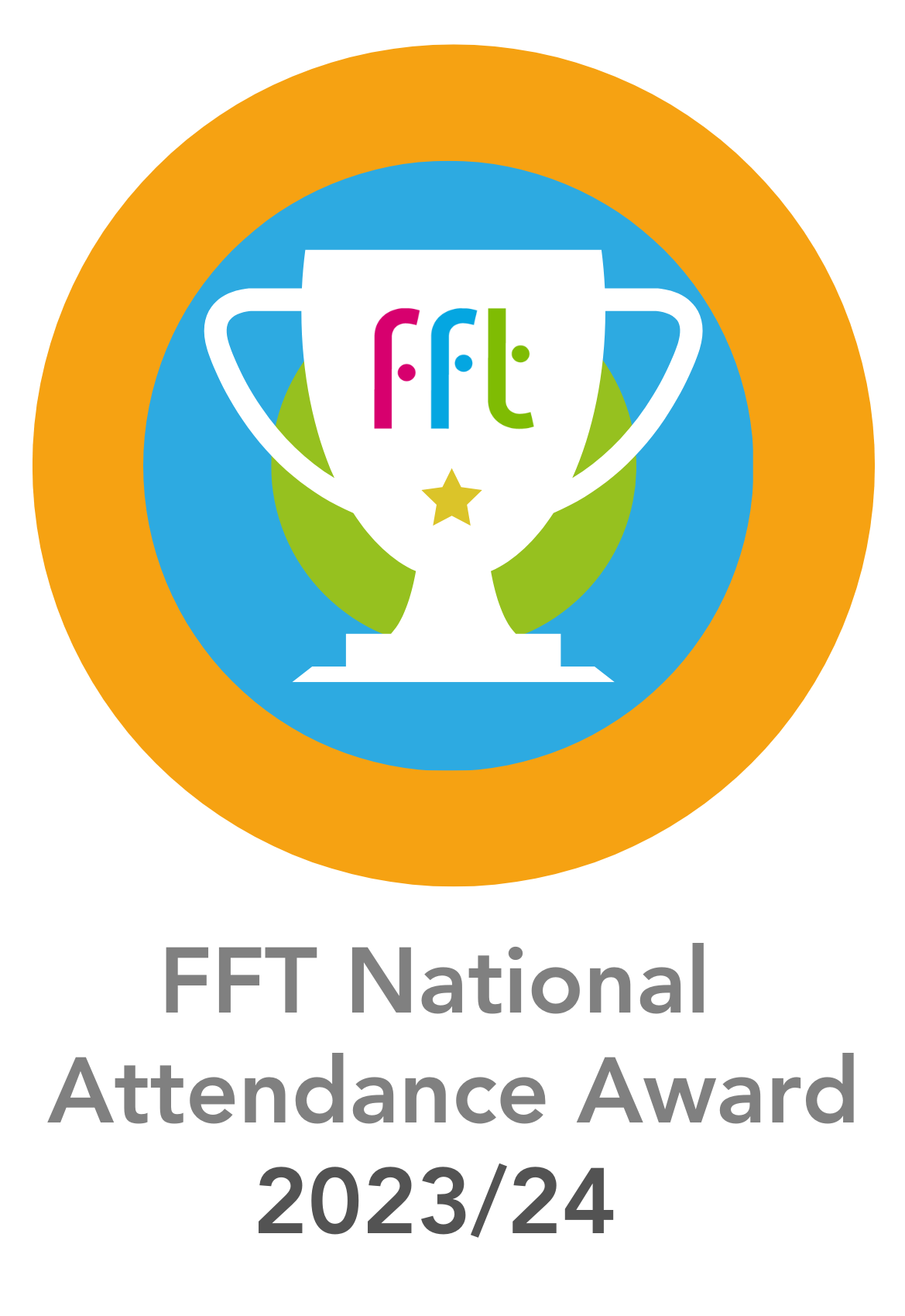English
Key Stage 3
Intent:
At Brayton Academy we aim to develop all our students to be inquisitive and thoughtful readers, skilled and influential writers, confident speakers and creative thinkers. All of our programmes of study are designed collaboratively to be academically challenging and intellectually stimulating. We have high aspirations for all of our students and aim to help them to develop a love of words and their power to enthral, move or entertain us, during their time with us.
Units with challenging texts have been carefully designed to introduce our young pupils to difficult concepts and language, sometimes in the form of booklets which contain abridged versions of texts; sometimes we read the whole text (with the appropriate support where necessary).
One of the guiding principles of our curriculum model is knowledge – and connected to this – retention and memory. Though English is largely skills based we place huge emphasis on memory and knowledge. We help prepare students for GCSE from year 7 by expecting them to learn information by heart, whether this be a poem or be plot, or facts and information about set texts.
Every unit has linked fiction, non-fiction and poetry embedded into the programme of student regardless of the principal text for the unit.
KEY FOCI
Reading fluency: to underpin the development of reading in our lessons we use Reading Plus to deliver individualised, bespoke and adaptive online reading comprehension. This is primarily a homework tool but we use the data and quiz scores to inform planning and intervention. Students whose reading is significantly below age related expectation will be withdrawn for intervention by the SEND team.
Writing skills: the development of writing skills is a key priority for the department. Every unit in Key Stage Three has writing skills lessons embedded and writing skills formally assessed. We teach grammar explicitly and devote time to teaching word and sentence level skills. For students on our nurture scheme of work we reteach key objectives from KS2 programmes of study where necessary.
Year 7 English
Students in Year 7 learn from a range of activities which enable them to consolidate and develop the skills learnt in Key Stage 2. Our focus in year 7 is for students to develop their inference skills as well as to craft writing with a clear, strong, personal voice. Our units include: Mythology and Stories of Creation; a modern novel; Taming of the Shrew; Science Fiction and Poetry.
Students focus on giving their opinions about what they read concisely and with justification.
Students in Year 7 also have a weekly lesson in the library where, using our in house reading challenge, they develop their independent reading. Students also have weekly spelling tests and writing challenges. The writing challenges are designed to develop resilience – a core principle guiding our school vision. Students are encouraged to peer and self-mark this work – with the challenge being the resilience to write more, to write more clearly or to include more ambitious vocabulary.
Those students who join us requiring additional support in literacy may also receive weekly phonics lessons with their English teacher.
Year 8 English
We aim for year 8 students to be analytical thinkers and precise writers. Our programmes of study include: a non-fiction scheme covering Media representations and bias; Noughts and Crosses; Victorian Literature, Detective Fiction, Film and Creative Writing, and a modern novel. Students focus on exploring how writers use language to create mood and tone – and how those choices can affect the reader.
We continue with reading challenges, regular spellings and writing challenges for students in year 8.
Year 9 English
With five lessons per week from Year 9 students begin the transition into exploring English Language and Literature as separate disciplines. We explore a range of challenging texts and begin to introduce students to the skills, concepts and ideas they will need for successful GCSE study. Units of study in Year 9 include The Art of Rhetoric, a novel study, Macbeth, Conventions of Drama, and Poetry.
In Literature we begin to introduce context and literary theory to our students, and ensure that our study of texts is rooted in understanding of the time it was written and set, as well as exploring the authors’ intentions.
We believe that memory, recall and resilience are important factors in success at GCSE and so all students in Key Stage Three are asked to learn some texts by heart. We select poems from a range of cultures, traditions and eras. Our belief in memory and retention extends to our assessment policy in KS3. We test students on the assessment objectives we have agreed for that year. We also test knowledge and our end of year tests are cumulative – testing knowledge of texts and skills from throughout the year – so that we are also preparing students for revision and the idea that topics/subjects need to be remembered long term.
Key Stage 4
Intent:
At Brayton Academy we aim to develop all our students to be inquisitive and thoughtful readers, skilled and influential writers, confident speakers and creative thinkers. All of our programmes of study are designed collaboratively to be academically challenging and intellectually stimulating. We have high aspirations for all of our students and aim to help them to develop a love of words and their power to enthral, move or entertain us, during their time with us.
Units with challenging texts have been carefully designed to introduce our young pupils to difficult concepts and language. We read whole texts in Literature to prepare for GCSE study – this is sometimes supported by use of extracts or graphic novel adaptations of set texts where required.
One of the guiding principles of our curriculum model is knowledge – and connected to this – retention and memory. Though English is largely skills based we place huge emphasis on memory and knowledge. We provide students with knowledge organisers (especially in KS4) and test students on retention of information as a stepping stone to being able to be analytical with that information.
Every unit has linked fiction, non-fiction and poetry embedded into the programme of student regardless of the principal text for the unit.
Year 10 English
This year marks the formal start of our GCSE course. We enter all of our students for GCSE English Language and GCSE English Literature. We follow AQA specifications 8700 and 8702 respectively.
We cover the content of all the Literature texts in year 10; A Christmas Carol; Romeo and Juliet; AQA Power and Conflict anthology and An Inspector Calls. We supplement these text studies with units designed to teach the specific English Language skills required in the exams. We give students a range of challenging and interesting fiction and non-fiction extracts over the course of the year, both as a reading challenge as well as to expose them to quality writing they could aim to emulate.
We believe in an interleaved curriculum model, although a literature text will form the core of each half terms’ study in year 10 this will always be supplemented by quality non-fiction and poetry texts which complement the theme and topic.
In addition, we expect that all students begin to revise. You can support this at home by checking that they spend 15 minutes a day reviewing their lesson notes and making flashcards of key points.
Year 11 English
Having completed the bulk of our study in Year 10 we devote Year 11 to consolidation, extension and review. We expect students in Year 11 to be revising independently regardless of whether we have formally given homework. A large part of our focus for year 11 is also developing essay writing skills; we teach students how to develop a thesis statement, how to plan and how to support a thesis with quotations and analysis, how to structure and shape and overall response.
We take an interleaved approach to our teaching in Year 11, so rather than studying texts in blocks, we revisit all texts and language papers every half term.
Students also complete their Spoken Language Endorsement in Year 11. All students are required to make a persuasive speech on a subject of their choice.
Please click below to view full Implementation



